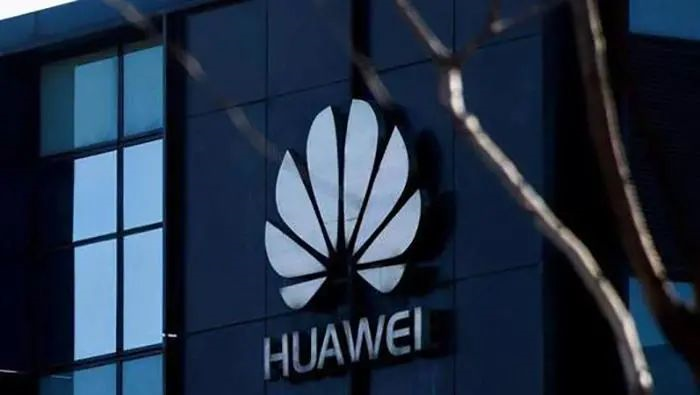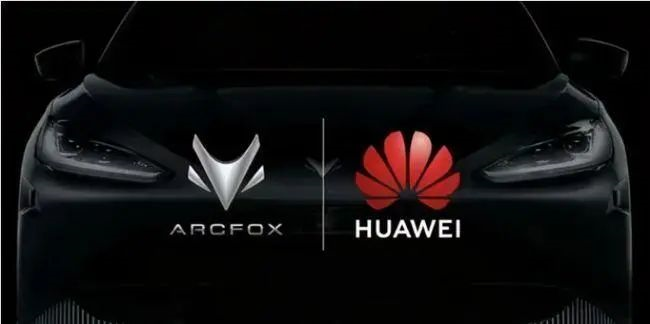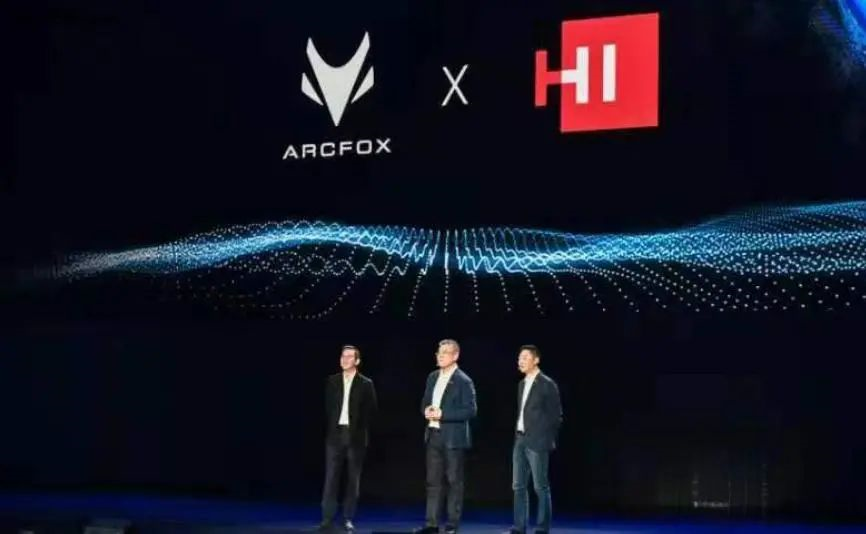Author: He Yan
On May 24th, Huawei reiterated in a statement that they do not make cars. The statement indicated that what the automotive industry needs is not a Huawei-branded car, but the ICT technology ability accumulated by Huawei in over thirty years, to help car companies make future-oriented vehicles and provide intelligent connected car components based on Huawei’s ICT capabilities.

The statement also indicated that Huawei has not invested in any car company so far and will not invest in any car company in the future, let alone take controlling or participating interests. From now on, any discussion about Huawei making cars or participating in the automotive manufacturing industry is just a rumor, and should not be believed.
At the same time, the statement emphasized the relationship between Huawei and its partners. Huawei has chosen BAIC, Changan, and GAC as strategic partners to help them build their own sub-brands. Cars using Huawei’s autonomous driving solution can only use the HI logo, which represents Huawei Inside, with Huawei’s authorization.
Regarding Huawei’s cooperation with Golden Congo, a subsidiary of Chongqing Sokon Industry Group, Huawei is the supplier of the electric and HiCar cabin components for SF5. In order to help Huawei’s authorized mobile phone retail stores survive in the situation of a sharp decline in sales of Huawei phones, Huawei supports some retail stores to sell this car, and the retail stores can obtain corresponding profits.
Affected by this news, Huawei’s automotive concept stocks fell across the board, with BAIC Blue Valley and Changan Automobile down limit. BAIC Blue Valley closed at 17 yuan/share, down 10.1%, and Changan Automobile closed at 22.5 yuan/share, down 10%. Xiaokang Stock fell more than 6%, and the stock prices of GAC and Dongfeng also fell by almost 4%, and their market values evaporated instantly.

In fact, before this statement, Huawei had already made six statements saying that they would not make cars. In a resolution on the management of the intelligent automotive parts business issued internally by Huawei in November last year, it was already made clear that “there will be no car-making.”
Although Huawei has repeatedly emphasized that they do not make cars, their impact on the capital market has been increasing. Recently, the stock prices of Huawei partners Changan Automobile, BAIC Blue Valley, and Xiaokang have been fluctuating wildly. Among them, the biggest impact is on Changan Automobile and BAIC Blue Valley.On May 19th, Changan Automobile announced the formal renaming of its subsidiary Changan Weichai New Energy Automobile Technology Co., Ltd. to Avita Technology Co., Ltd., which will create an independent and controllable intelligent electric connected vehicle platform (CHN) in collaboration with Changan Automobile, Huawei and CATL. Avita Technology will operate independently and integrate strategic partner resources, with plans to go public, but the independent listing plan is uncertain.
Changan Automobile also stated that over the next five years, Avita will launch 5 models based on the CHN architecture, including the E11 model, which is a mid-size SUV based on a new generation of smart electric platform, equipped with Huawei HI smart car solutions. The design sample car for E11 has already been offline and is undergoing vehicle calibration.
On May 21st, according to Reuters, Huawei is expanding its cooperation with Changan, and the two may soon establish a chip development joint venture. As a result, Changan Automobile’s stock price rose 8.46% to close at 25 yuan/share, with a turnover of 3.901 million shares, up 76% from nearly 40 trading days.
That evening, Changan Automobile denied the news and announced that its two major controlling shareholders, China Changan and Southern Industrial Asset Management, plan to reduce their holdings by no more than 3% of the company’s total share capital (approximately 163 million shares), with a market value of 4.075 billion yuan calculated at 25 yuan per share. Some investors believe that they have been “cut off from scallions”.
Due to its cooperation with Huawei, Changan Automobile’s stock price has risen from around 14 yuan/share at the end of March to a high of 25.5 yuan/share on May 19th.
In April of this year, Huawei announced that its self-developed laser radar autonomous driving solution is now available on the Alpha S Huawei HI version car model under Arcfox, a high-end brand under BAIC New Energy. Huawei announced that the Alpha S equipped with Huawei’s autonomous driving system can achieve 1,000 kilometers of fully automatic driving in urban areas without manual intervention.
On the same day, A-share self-driving concept stocks surged, with 19 individual stocks reaching their limit-up thresholds within the sector. At the same time, a number of sectors in the automotive industry chain, such as lithium batteries, laser radars, and vehicle manufacture also rallied, and XPeng Motors, the company that announced selling cars on Huawei terminals, also hit nine consecutive limit up trading days since its announcement.
Although Huawei has sparked a storm in the capital market of the automotive industry, it cannot conceal the sharp decline in its smartphone business. Public data shows that Huawei’s mobile phone business has dropped from first to fifth place, with a market share of only 13.4%. Insiders believe that Huawei needs to develop new businesses to save company profits.
Two years ago, Huawei established its Intelligent Automotive Solutions BU, officially entering the automotive industry as a supplier of intelligent automotive incremental components. After its establishment, Huawei made it clear that it would not manufacture cars but would only supply automotive incremental parts, and would leverage its electronic product retail channels to help enterprises sell cars.
So far, Huawei has acquired hardware products such as 4D laser imaging radar, car-grade chip Kirin 990A, as well as three major automotive computing platforms, namely intelligent driving, intelligent cockpit, and intelligent vehicle control, and its HI intelligent automotive solution. In addition to complete vehicles, Huawei has become a “big player” in the automotive software field.
In May of last year, Huawei also teamed up with 18 automobile companies including FAW Group, Changan Automobile, Dongfeng Group, SAIC Group, GAC New Energy, BAIC New Energy, BYD, and Saleen to officially establish the “5G Automotive Ecology”.
Huawei has also expressed its desire to become the “Bosch” of the intelligent era and a supplier in the upstream of the automotive industry chain. On the one hand, it can grasp the right to speak, and on the other hand, it can obtain high profits. At the end of 2020, CITIC Securities wrote in a research report that Huawei’s automotive electronic sales are expected to reach about $50 billion in the next ten years.
This article is a translation by ChatGPT of a Chinese report from 42HOW. If you have any questions about it, please email bd@42how.com.